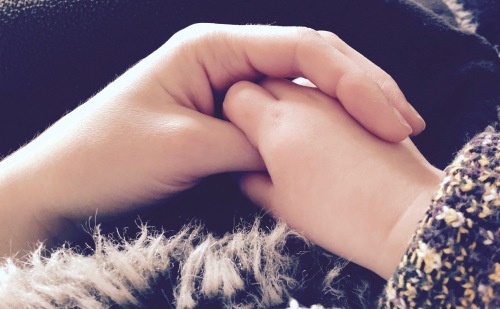
Our church recently had an interesting and useful house group discussion about parenting. Here are my husband Jon’s memories of the evening…
“Perspectives on parenting
Becoming a parent is one of the most challenging phases in life – your fairly established lifestyle is turned on its head. At a recent home group on parenting, we talked about some fundamentals of godly parenting. As is often the case, this raised more questions than answers, but I got a lot of interesting ideas out of it specifically around: leading by example and the power of imitation, the best way to discipline children, introducing a spiritual diet in the home, and seeing myself (to a degree) as a fellow-child with my children.
Kate T put us onto this short video by Gary Thomas and prepared this handy crib sheet (including a useful list of resources) to prime our discussions.
Faith is more easily caught than taught
When children get to a certain age, they start to imitate you – alarmingly accurately. I like to ride my bike, and our eldest son Joey recently got out some tape to strap his water bottle to his bike, just like mine! It perhaps goes without saying that children will imitate the good and bad in their parents, so having young children is one of the hardest times to keep faith strong, but it is also one of the most important. ‘Our faith is more easily caught than taught. It is what our children see that will impact them most.’ (The Parenting Book, Nicky and Sila Lee.) This idea goes beyond raising children – if we want to share the light of God’s gospel, the best way we can do this is to live it, so that those around us (at home, at work…in the supermarket) see our lives and say “yes, there’s something attractive about that”.
Spare the rod…
We spent much of the time talking about discipline. All agreed that the ‘spare the rod, spoil the child’ idea taken from Prov 13:24 need not be taken literally. However, we do need to find effective ways to discipline our children – after all, God disciplines us, his children, so that we can grow to be more like him (Heb 12:6). A couple of useful principles seemed to emerge from the discussions: discipline should be positively slanted (more sticker chart than naughty step), it must be delivered with a clarity of mind not clouded by anger, consistency is hugely important – and probably more important than where you choose to set your boundaries, and what will work for one child may not work for another (e.g. some are more bribable than others)! Tim W notes here, “I would only emphasis the need for the parent to be a consistent parent in discipline and also as a role model – we cannot expect our children to do what we ourselves don’t do…..plenty of food for thought”

Milk of the word
Every Christian parent is keen to introduce some sort of spiritual diet into their household at the earliest opportunity. However, one of the parents shared an experience that was similar to ours: they introduced a simple Bible story at a set time in the day. This worked well at first, but the child soon got restless and disruptive making the whole thing counterproductive. We have recently changed tack here, and introduced some bible-based stories that we know our boys like that we read together before they go their separate ways for age-appropriate stories; the older one gets an extra story, and the younger one gets a story with the older one, so they are both happy!
Become like little children
We have as much – if not more – to learn from our children as we have to teach them! There are some important Christian qualities that children have in spades: faith, trust, hope, inquisitiveness, resilience, obedience (well, sometimes), love. And these qualities are why we need to ‘become like little children’ (Matt 18:3). My children have also brought new insight on patience, love, and forgiveness. But how does this change our perspective on parenting? It is quite helpful for me to think of myself as continually learning to parent. This leaves more space to make mistakes and learn from them than a more ‘authoritarian’ view of parenting. Chris P notes here that, “children are resilient and the odd mistake will not detract from a normally consistent and loving approach to their care.”
Summary
I left the home group feeling reflective. Do I need to make any major changes to my parenting style? Have I got my priorities right? And, perhaps most importantly, would my children vouch for my Christian character? “